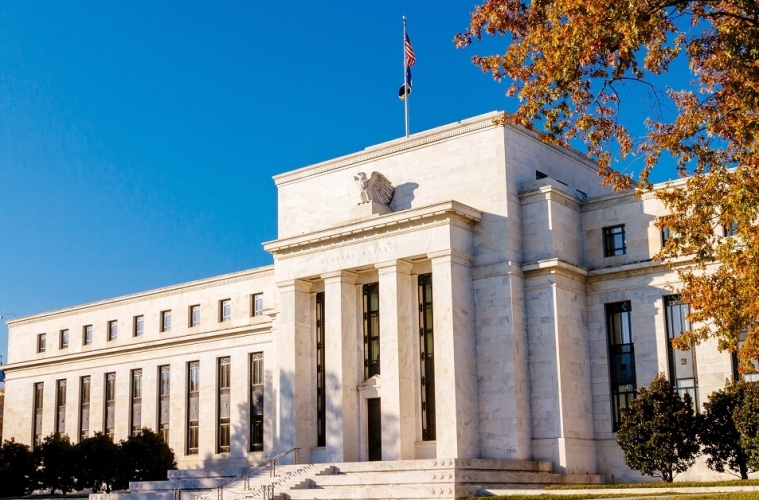Good morning,
Politics and central bank come together to hurt the USD
The Fed took a line from politics yesterday night and continued to beat up the US dollar with the currency falling to a fresh 14 month low. While within the statement the Federal Reserve was fairly clear that they would begin their reduction of their balance sheet as soon as September, markets chose to tear into the US dollar as policymakers voiced their belief that inflation pressures in the United States are not yet dependable.
This is not too much of a surprise and in some way validates the recent fears over just how many interest rate rises the Fed can push through in the coming months. Back in May there was a 50% chance that interest rates would rise in September; that is now 4%. There is a 40% chance of something happening in December but that has slipped from 60% over the same time period.
The pillars of currency strength at the moment are politics, central bank policy and economic data and, for the moment at least, the USD cannot count on any of these for support. The news that another vote on repeal of Obamacare failed in the Senate will not have helped matters either.
ECB watching and waiting
EURUSD is above 1.17 this morning for the first time in 30 months and GBPUSD is back to test its recent highs seen 10 or so days ago. A continuation of this dollar weakening environment is entirely possible; as above if at least one of those pillars is not met then the greenback is in trouble.
The euro was actually on the back foot for the session before the Federal Reserve announcement courtesy of some comments from European Central Bank member Ewald Nowotny who said on Wednesday that the ECB is studying Fed communication of its exit from stimulus. On interest rates he said that “I agree a lot here with the view of the German central bank president Jens Weidmann who said it is time to carefully step off the gas”. He also added that there are ongoing discussions about the ECB’s current quantitative easing policy.
UK GDP postive but only due to services
Sterling did not react to the latest round of GDP figures that showed the UK economy to have grown by 0.3% in Q2 following an increase of 0.2% in Q1. Needless to say it was services that made up all of the positivity with both construction and manufacturing slowing in the 2nd quarter of this year. At the moment it is difficult to see past a dulled growth outlook courtesy of consumers starting to see a shadow, businesses unable or unwilling to invest in capital and labour and a trade picture that refuses to react to a devalued currency. This is the post-EU vote new normal.
Focus today will fall on the latest CBI survey of retailers at 11am which have had a decent correlation with the official retail sales numbers in the UK while news from the US will focus on durable goods orders and the typical Thursday look at how many Americans are having to apply for unemployment insurance.
Have a great day
Jeremy Cook, Chief Economist


